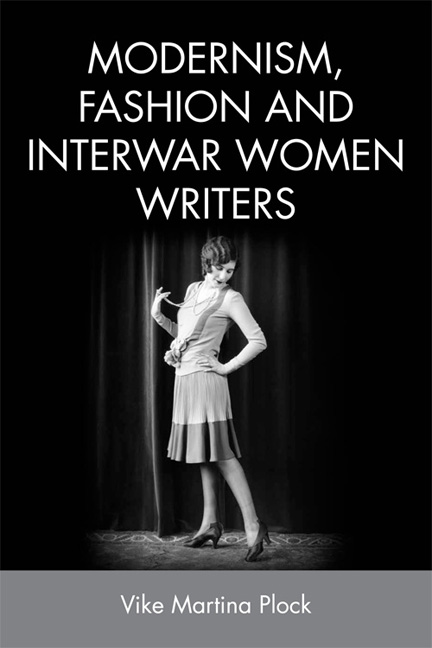Envoi
Published online by Cambridge University Press: 03 January 2018
Summary
It is 1956, the height of the Cold War. The year will end in the Suez Crisis and the Hungarian Uprising. Edith Wharton and Virginia Woolf have both been dead for a while, Jean Rhys is all but forgotten and Rosamond Lehmann's career as a novelist is on the wane.1 Elizabeth Bowen, now in her late fifties, is an acclaimed author and sought-after lecturer, who received a CBE in 1948 and who has just been awarded an honorary doctorate from the University of Oxford. She is deeply immersed in her travelogue, A Time in Rome (1960), and also in her 15-year-long love affair with the diplomat Charles Ritchie. In July, she publishes an essay on individuality and subjectivity, ‘How to Be Yourself – And Not Eccentric’, in Vogue to return to a topic that has been occupying her for more than two decades. ‘Does fashion help’, she had asked in 1937 in a book review when discussing the difficult task of identity formation (Bowen 1950: 113). The Vogue piece, published in a politically fraught climate marked by uprisings and suppression of dissident voices, similarly addresses the relationship between conformity and self-assertion and it also discusses fashion's contributions to the complex processes that structure the subject's conflicting desires to conform and dissent.
Indeed, the older Bowen here seems to answer her earlier question by acknowledging her contemporaries’ tendency to toe the line: ‘on the whole’, she observes, ‘we dress, behave, run our homes, and conduct our outside existences in the accepted manner – to do otherwise could involve us in needless trouble, or cause us to rile or perplex our neighbours’ (2008: 412). But, she interposes, if ‘individuality is threatened’, if acceptance of norms and social protocols endangers individuation, identity nonetheless seeks an outlet, and it is out of this tension between assimilation and the relational need for self-expression that ‘the best of the world we live in’ eventually arises (2008: 413). Out of this conflict between the self and the world, that is, emerges something beneficial, something that is constructive for both the individual and the community.
- Type
- Chapter
- Information
- Modernism, Fashion and Interwar Women Writers , pp. 217 - 222Publisher: Edinburgh University PressPrint publication year: 2017



